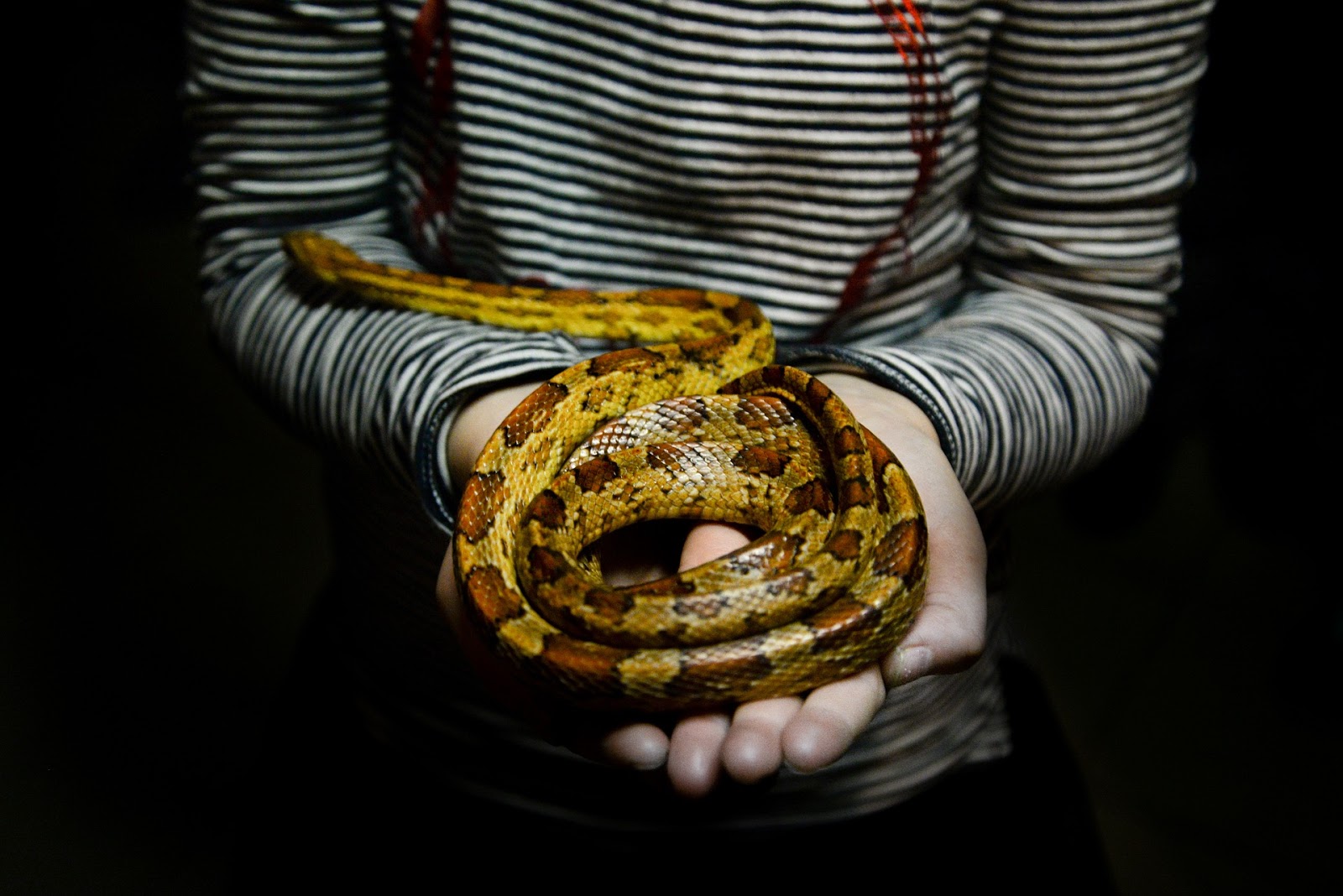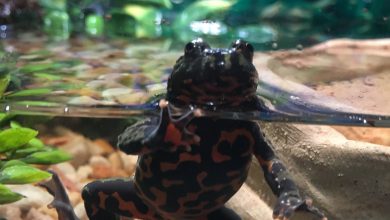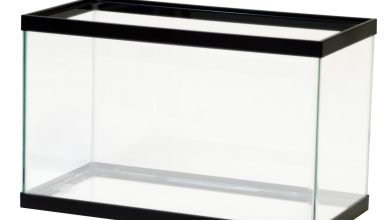What to Do if You Can’t Take Care of Your Exotic Pet

Sometimes we think weâre ready for the joint fun and responsibility of taking care of a reptile, amphibian, or other exotic pet. Things happen, though. Life changes, and sometimes weâre simply not able to continue caring for an animal.
When that happens, itâs good to know what the best way is to continue quality of life for your animal after itâs no longer a part of your household. SPOILER: The answer is NOT to release it outside.
Hereâs what to do insteadâ¦
Rehome a reptile, amphibian, or invertebrate
The best choice for your pet is to find a home. Not just any home will do, though. Here are the things you should look for:
- Someone who is knowledgeable about the species or willing to learn quickly.
- Someone who can afford the equipment and food necessary for the animal.
- Someone who can afford medical care when it is necessary.
- Someone with enough space for a pet or another pet.
- Someone with a true desire for this particular type of animal.
If these guidelines arenât met, the animal will likely just be faced with being rehomed again in the future.
Asking people you know if they want an animal may not be the best way to go about rehoming your reptile, amphibian, or invertebrate. Some people may say yes without having fully considered the responsibility.
A better tactic is to seek out people who are actively looking for such an animal. They are more likely to put in the care needed. You can find them on reptile, amphibian, or arachnid discussion forums and social media groups.
Alternative rehoming choices
If you arenât able to find a new home yourself, you may be able to place your animal with a rescue facility. These places will foster your animal temporarily until someone comes to adopt it. Know, however, that it can be more difficult to find a shelter for exotic pets than for more common pets like mammals and birds. Many humane societies do not take reptiles, amphibians, or arachnids.
Youâll likely need to find a shelter or animal rescue facility that specifically focuses on these types of pets. If you canât find a shelter, itâs a good idea to contact the pet store where you purchased the animal to see if they will take back animals in need of rehoming.
Why not release?
Why should you not release your pet into the wild? There are many reasons, which can vary depending on the species. For one thing, many exotic pets are not native to the area you live in. When released, they can seriously disrupt ecosystems, especially if they are able to breed.
They may destroy plants that native species are less inclined to overeat or dig up, or they may overhunt native animals. In contrast, for some species, the risk is to themselves. You may think that your animal will survive just fine or have a better quality of life in nature, but that is not always the case for domesticated animals.
Many animals that have been raised in captivity have more docile demeanors than their wild counterparts. They are accustomed to being fed and taken care of and are not equipped to take care of themselves.
If you have more questions about rehoming an exotic pet, contact our team at The Tye-Dyed Iguana in Fairview Heights.



